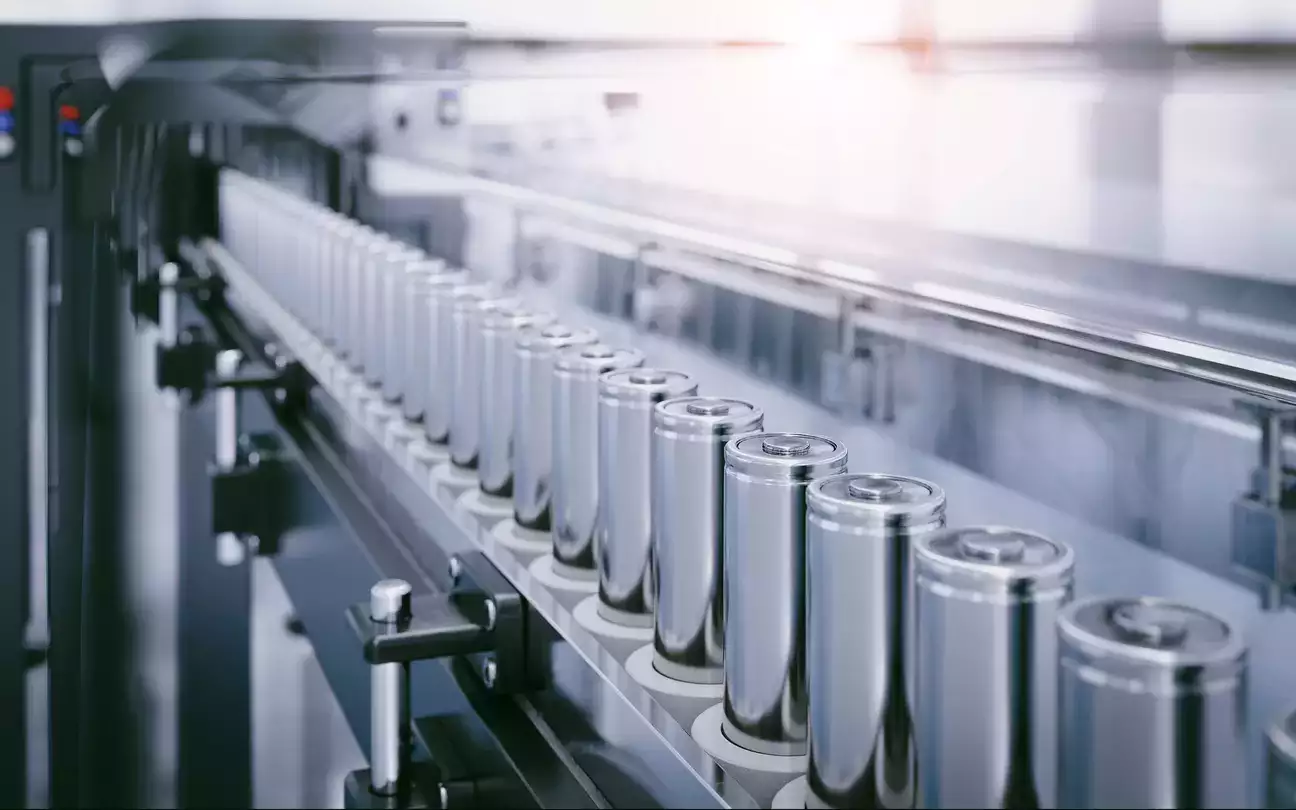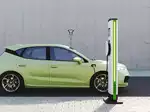Asia-Pacific's EV battery market to reach 29.9 mn units by 2029, India's FAME makes strides

The volume of the xEV traction batteries market is estimated to be around 19.2 million units in 2024, showing a consistent growth trend from the previous years, said GlobalData, a leading data and analytics company.
According to the report, Japan's Clean Energy Vehicle subsidy system and India's Faster Adoption and Manufacturing of Electric Vehicles (FAME) scheme are providing incentives to boost EV sales and adoption.
These policies, coupled with investments in charging infrastructure, are expected to drive further growth in the EV market in these countries, said GlobalData, a leading data and analytics company.
The EV market in the Asia-Pacific region is experiencing rapid growth, with governments playing a pivotal role in driving the adoption of EVs through supportive policies and incentives.
"Asian countries have been proactive in implementing policies that support the growth of the EV market, which in turn drives the demand for advanced xEV batteries," said Gorantala Sravan Kumar, associate project manager, automotive at GlobalData.
In Southeast Asia, countries like Thailand and Indonesia have emerged as key players in the EV market, thanks to their supportive government policies.
"Indonesia, with its abundant resources, is also attracting investments in the EV sector, bolstering its automotive industry. The introduction of policies that promote the establishment of charging infrastructure and provide financial incentives for consumers and manufacturers is crucial for sustaining this growth," said Kumar.
The trends and drivers of innovations in EV batteries in Asia are closely linked to government policies and market demand.
As the demand for EVs continues to rise, there is a growing need for advanced xEV batteries that offer higher energy density, faster charging capabilities, and longer lifespan, the report mentioned.
"Asian countries are investing in research and development (R&D) to drive innovation in EV battery technology, with a focus on improving performance and reducing costs," Kumar noted.

